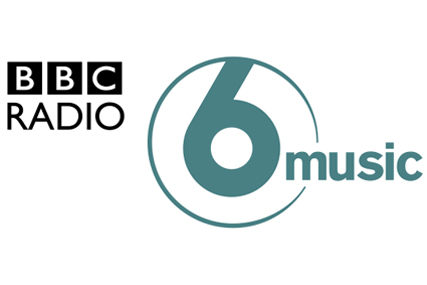
In its response to the BBC Trust's consultation on the BBC strategy review, a RadioCentre report, 'Putting Listeners First', criticises the BBC executive's proposals for "attempting to preserve the status quo".
The report recommends BBC Radio 1 and BBC Radio 2 should not target the valuable demographic of 25-44 year olds, which is well-served by commercial radio, and that the BBC should shoulder the costs of rolling out DAB nationally and contribute to the build out of local and regional DAB.
In its April strategy review, 'Putting Quality First', the BBC proposed to c and cut the amount the BBC spends online by a quarter. A BBC Trust closed on 25 May.
Last night at the launch of two RadioCentre reports on the strategy review, Andrew Harrison, chief executive of RadioCentre, said the proposals for radio represented a "huge missed opportunity".
Harrison criticised the report saying: "The review has nothing new to say on the BBC's five national radio services or local radio or children's radio. Nothing new on public value from the broadcaster with 56% market share."
Harrison said the BBC's response was "flunking the exam question" and insisted that RadioCentre's concerns were about "the additional public value that the BBC could generate - not about its market impact".
In addition to funding DAB rollout, RadioCentre said the BBC should support digital radio by moving popular content and services to DAB and promoting the digital radio platform more heavily.
Harrison said the strategy review has "lukewarm commitment to maintain spending on digital, while axing 6 Music and the Asian Network".
RadioCentre believes that all music should be removed from the daytime schedules of BBC English local stations. BBC local services should provide airtime to local not-for-profit radio stations and offer programming for ethnic communities and specialist music in the evenings.
'Putting Listeners First' also said BBC radio services should only be promoted on other BBC services if they would otherwise gain little exposure, and they should not promote popular entertainment programmes or radio services as a whole.
RadioCentre completed its report with a point on the BBC Trust which it said has a responsibility to licence fee payers to ensure that the final proposals are implemented effectively - and sanctions imposed if they are not.
‘BBC Radio - A Review', was produced by independent consultants Value Partners on behalf of RadioCentre. Value Partners three key recommendations were to:
- maintain those services which promote the public purposes most effectively (e.g. Radio 4 and Radio 3)
- refocus those which could / should deliver more (e.g. Radio 1, Radio 2 and BBC Local Radio)
- close those (Asian Network and 6 Music) which lack the necessary potential.
Last month (27 May) Pay-TV operator , 'Putting Quality First', for ignoring the BBC's strategic direction in responses to the BBC Trust consultation.


.jpg)


.jpg)